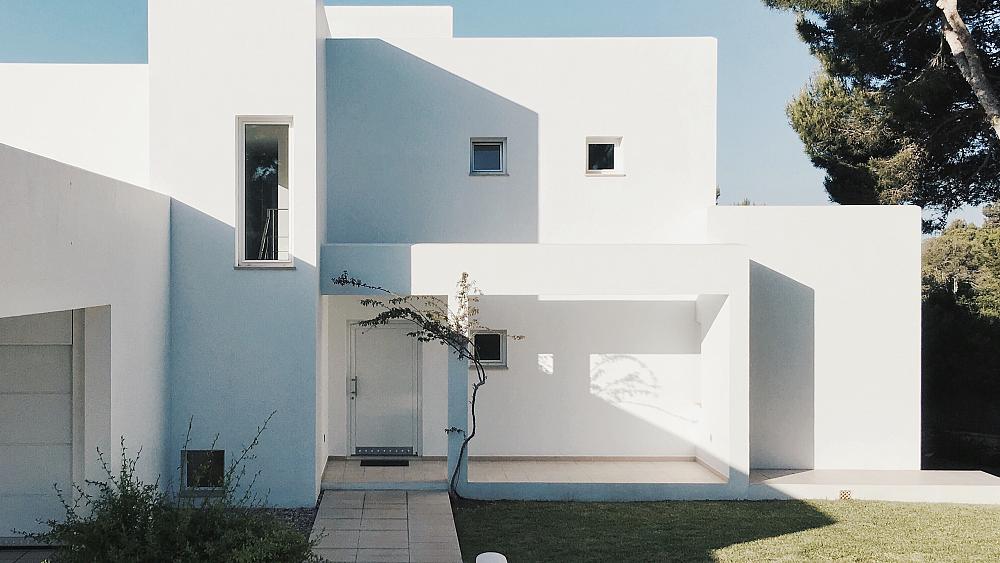UK-based celebrities including TV’s Ant and Dec and Phillip Schofield have reportedly lost around €9 million in deposits after a villa resort in the Algarve, Portugal went bankrupt.
The investment was sold to the Brazilian financial firm, SRESPX, and the ongoing battle serves as a reminder to any potential investors of the high risk associated with overseas property investment.
Lockdown has given people the opportunity to think about how they spend their money and time – but money.co.uk is keen to highlight the potential drawbacks of your dream house in Santorini or Spain.
Why buy a holiday home?
There are many reasons people opt to purchase a house abroad. Often it’s bought as a mixed-use property, which can be used by the individual, their family and friends but also operates as a second income in the form of a rental.
Overseas properties can also serve as a future investment for retirement plans. Or – now we’re in an age of remote working – perhaps it would serve as a sun-soaked office for six months of the year.
What are the advantages of buying property abroad?
Well, there’s a few. As mentioned, it can be a great source of second income. It can also offer us the opportunity to truly immerse ourselves in a community in a way you might not get if you’re changing holiday destinations every year.
There’s a lot to be said for having the security of a ‘home from home’ – but it’s not always an easy ride.
The realities of investing abroad
“When buying a property abroad, it’s easy to get caught up in the potential commercial value of your holiday home, even if you initially made the purchase for personal use,” says James Andrews, personal finance expert at money.co.uk.
“Many buyers are sucked in by the attraction of purchasing a low value property with a high potential rental value, but that doesn’t mean it’s going to make you profit in the long run.”
There’s a lot of hidden considerations when buying abroad including management fees, a fluctuating exchange rate and maintenance, repair and upkeep. These costs can leave investors in a position where rental income doesn’t cover outgoings or even mortgage payments – and that’s with a regular flow of tenants.
“If you do decide to buy property abroad, you need to ask yourself if you’re doing it primarily for your own use or for commercial gain,” Andrews explains.
“Running a successful rental property can be a full-time job, and if you’re trying to do it remotely at the same time as full time work at home you’re going to run into trouble. You can of course decide to go with a management company to handle the day to day issues, but this will ultimately add to the cost of running the holiday home, further reducing your profit.”
He adds that both buying property for your own use and with rental income in mind can work out but it is a job that needs to be done properly.
“It’s not something you can take a half-hearted approach to.”

